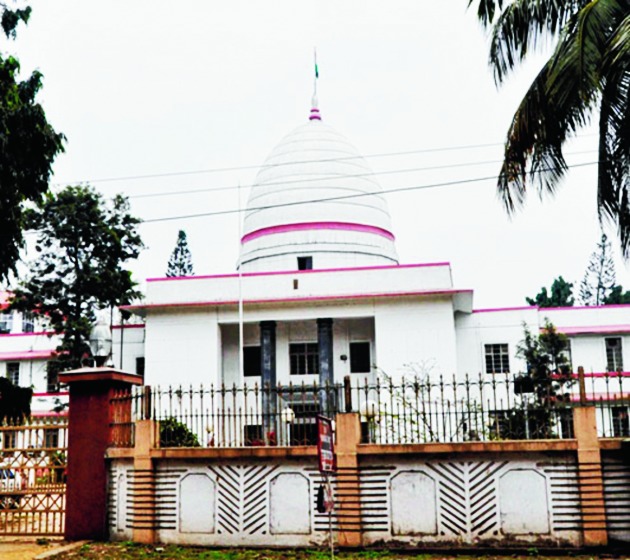Gauhati High Court, while upholding a foreigners tribunal order, reiterated that in the absence of documentary evidence in a proceeding under the Foreigners Act, 1946, verbal testimony alone is no proof of citizenship.
A division bench of Justices Manojit Bhuyan and Parthivjyoti Saikia made the observation on February 26 while dismissing the writ petition filed by one Nurul Amin and upheld the decision of the foreigners tribunal, Morigaon dated October 25, 2018, declaring Amin a foreigner in the post-1971 stream according to the Assam Accord.
Amin had submitted 10 documents, including voter lists of 1965 and 1970 bearing his projected father Abed Ali’s name, voter lists of 1997 and 2014 bearing his and his wife’s names, voter list of 1970 bearing name of his wife’s father; gaonburah (village headman) certificate confirming his marriage to his projected wife and birth certificates of Amin’s sons and daughters, to prove that he is an Indian. These were rejected by the court saying “inadmissible in evidence”.
The court observed that the voter lists of 1997 and 2014 bearing Amin’s name and the other two voter lists of 1965 and 1970 containing his projected father’s name concerned different villages.
While the former pertained to Muladhari village, the latter pertained to Moiradhwaj village.
The court said though a statement regarding shifting from Moiradhwaj to Muladhari was made before the court, the petitioner did not produce any evidence to support the same.
“Mere statement without supporting evidence or documents cannot go to prove that name ‘Abed’ shown against the name of the petitioner of village Muladhari in the voter lists of 1997 and 2014 is the same Abed Ali of village Moiradhwaj in the voter lists of 1965 and 1970. Mere statement is not enough to be considered as a reliable piece of evidence,” the court said.
It said the verbal testimony of the projected wife, without any documentary support, cannot be treated as sufficient to prove linkage.
“The statement of Halima Khatun, who claimed to be the wife of the petitioner, cannot be relied upon in the absence of any documents showing relationship between Abed Ali and the petitioner. Oral testimony of Halima Khatun, sans any documentary support, cannot be treated as sufficient to prove linkage or help the cause of the petitioner,” the court said.
“We would reiterate that in a proceeding under the Foreigners Act, 1946 and the Foreigners (Tribunals) Order, 1964 the evidentiary value of oral testimony, without support of documentary evidence, is wholly insignificant. Oral testimony alone is no proof of citizenship. The evidence of DW-2, thus, falls short of being considered as cogent, reliable and admissible evidence, so much so, to establish linkage of the petitioner to the projected father,” the court said.
The court also held the gaonburah certificate to be inadmissible for the same was not proved by way of verbal testimony of the issuing authority.
“As the primary issue in a proceeding under the Foreigners Act, 1946 and the Foreigners (Tribunals) Order, 1964 relates to determination as to whether the proceedee is a foreigner or not, the relevant facts being especially within the knowledge of the proceedee, therefore, the burden of proving citizenship absolutely rests upon the proceedee, notwithstanding anything contained in the Evidence Act, 1872. This is mandated under Section 9 of the aforesaid Act, 1946. In the instant case and as observed above, the petitioner not only failed to discharge the burden but also utterly failed to make proof of the most crucial aspect, that is, in establishing linkage to his projected father,” the court said while dismissing the petition.











